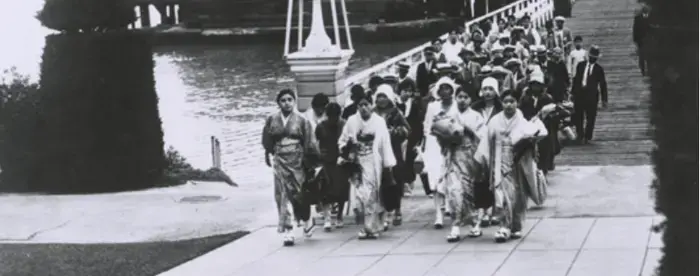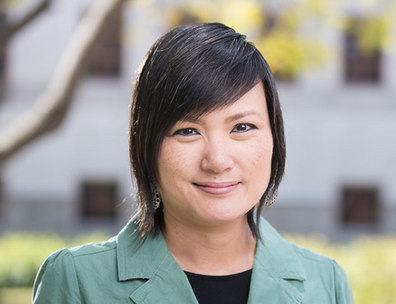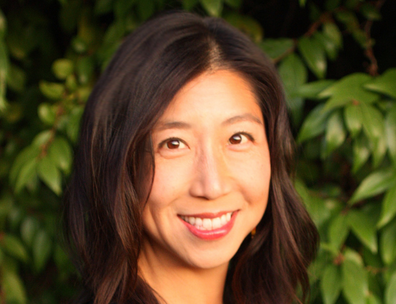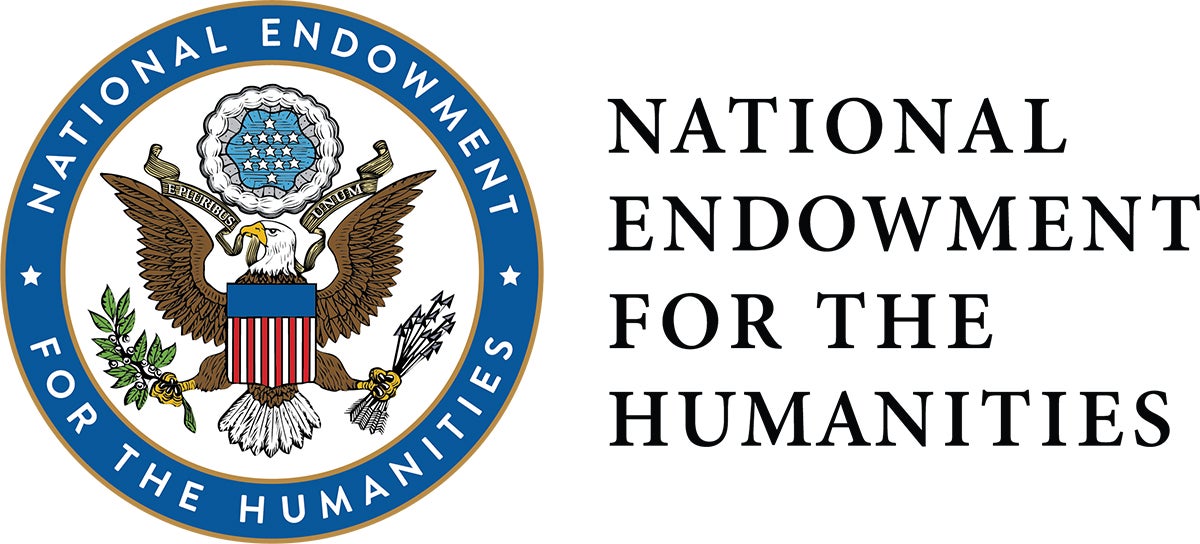Asian American and Pacific Islander Histories, 1870 to the Present
This two-week NEH Summer Institute addresses the needs of grade 6–12 educators looking to expand their knowledge of Asian American and Pacific Islander histories in the United States.
Stipend: $2,200
Dates: July 7–20, 2024
Location: Occidental College in Los Angeles, California
Application Deadline: CLOSED - Tuesday, March 5, 2024
Image Source: Immigrants Arriving at the Immigration Station on Angel Island, San Francisco, California, ca. 1931. (National Archives and Records Administration, Public Health Service Historical Photograph File, 1880-1943)












